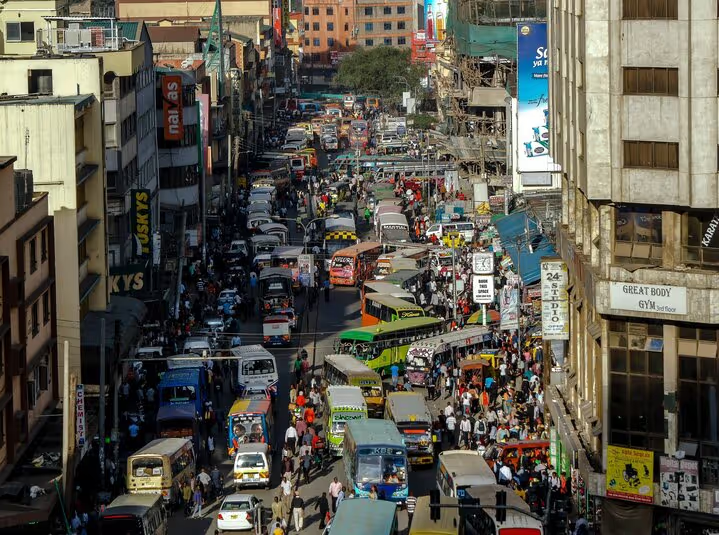
PickSpot, the network for digital addressing in emerging markets, has received formal endorsement from Kamukunji Constituency to pilot its mobile first digital addressing system in Eastleigh, Nairobi, Kenya.
PickSpot, the network for digital addressing in emerging markets, has received formal endorsement from Hon. Yusuf Hassan Abdi, Member of Parliament for Kamukunji Constituency, to pilot its GPS-anchored digital address system in Eastleigh, Nairobi. The endorsement positions the densely populated commercial hub as a testing ground for innovative addressing solutions across Africa.
The official letter supports PickSpot's approach to solving what CEO Keynan calls a "logistics paradox" in Eastleigh. The neighborhood represents one of Nairobi's most commercially vibrant zones yet lacks formal addressing infrastructure.
"Most systems still try to address places. We flipped it: We address people," Keynan explained. "Your address isn't a street name or a landmark. It's a handle like your email. And it lives in your phone, just like everything else."
The current delivery system in Eastleigh, Nairobi relies on descriptions like "Next to Dubai Shopping Mall, 3rd floor, ask for Dahir, behind the red building." This forces residents to become delivery infrastructure themselves, creating inefficiencies that PickSpot's digital handles aim to eliminate.
PickSpot's system assigns users unique digital handles connected to pickup points, removing the need for human coordination in package delivery. Recipients share their handle, and the system routes deliveries directly to their assigned pickup points using a PIN-based retrieval system.
Hon. Yusuf Hassan Abdi, who chairs the Democracy and Human Rights Caucus, recognized the broader implications of the technology beyond logistics. "This wasn't about parcels. It was about visibility, access, and agency," Keynan noted of the MP's perspective.
The endorsement reflects understanding that lacking a formal address erases people from formal systems, preventing proof of residence, goods receipt, and digital commerce participation. PickSpot's people-first approach restores what Keynan calls "the right to be seen and served."
The pilot launches as Eastleigh transforms into what observers call "Nairobi's next modern business hub," featuring vertical malls, fintech penetration, and growing regional trade flows. PickSpot's infrastructure aims to match this economic evolution.
The company is deploying what it calls programmable logistics rails that adapt to changing business patterns. Unlike fixed infrastructure, PickSpot's agent network responds to usage patterns, with capacity added or relocated based on demand.
The system operates vendor-agnostic, allowing any type of delivery player to use our infrastructure.
Keynan identifies user adoption of digital addresses as the make-or-break factor for the pilot's success. "The lever is: Will people claim and use their handle?" he said. "Once people stop giving directions and start sharing handles, Eastleigh stops being a delivery zone and becomes a living, programmable logistics OS."
The company's digital-first approach scales by giving people digital addresses that they create themselves by downloading a simple app that connects them to public shared infrastructure as demand justifies supply, rather than installing hardware first. Success in Eastleigh would provide a blueprint for other African cities facing similar addressing challenges.
PickSpot's mission to address the unaddressed through innovative logistics infrastructure positions the Eastleigh pilot as a proof-of-concept for urban infrastructure development across the continent.